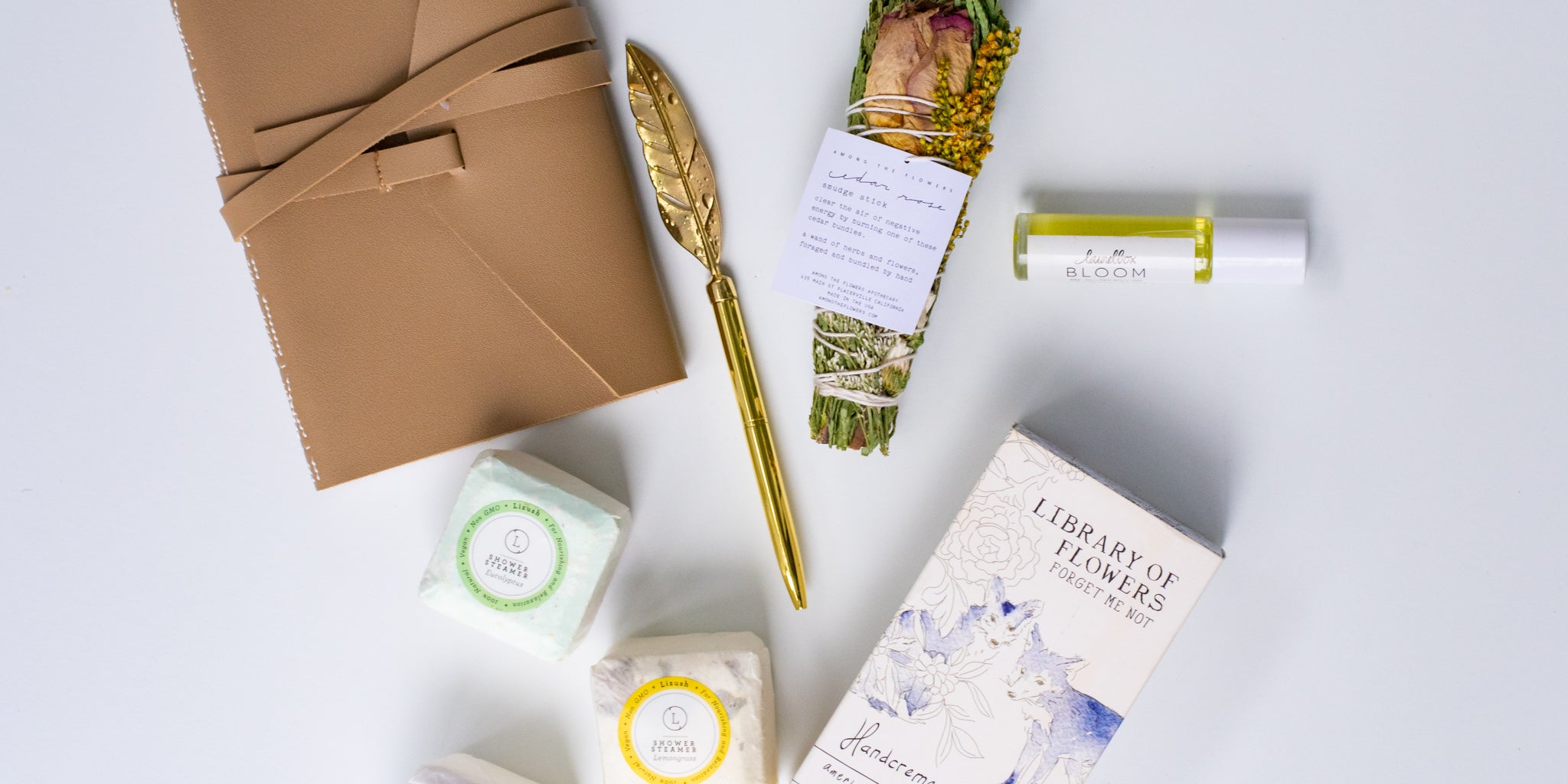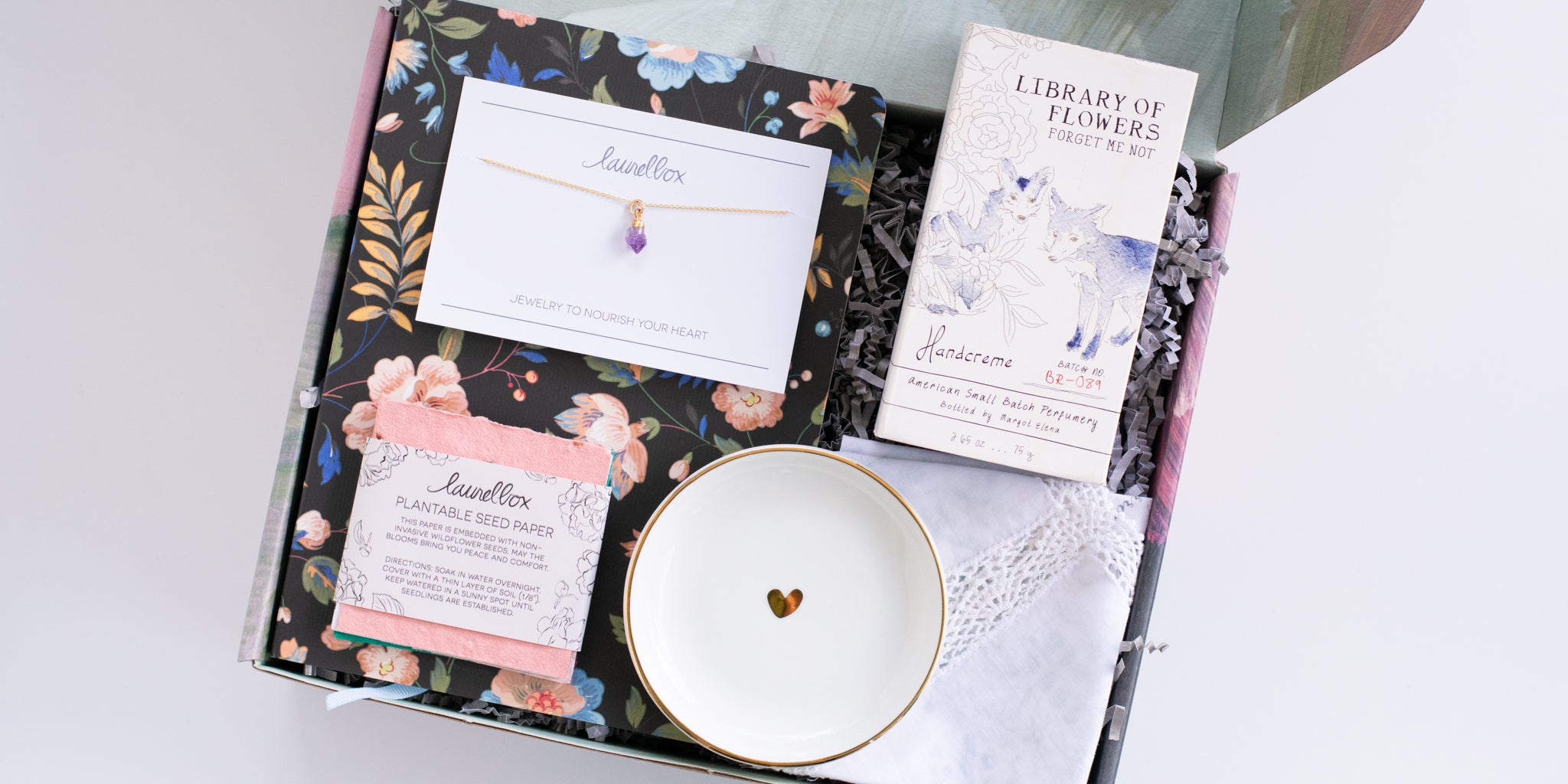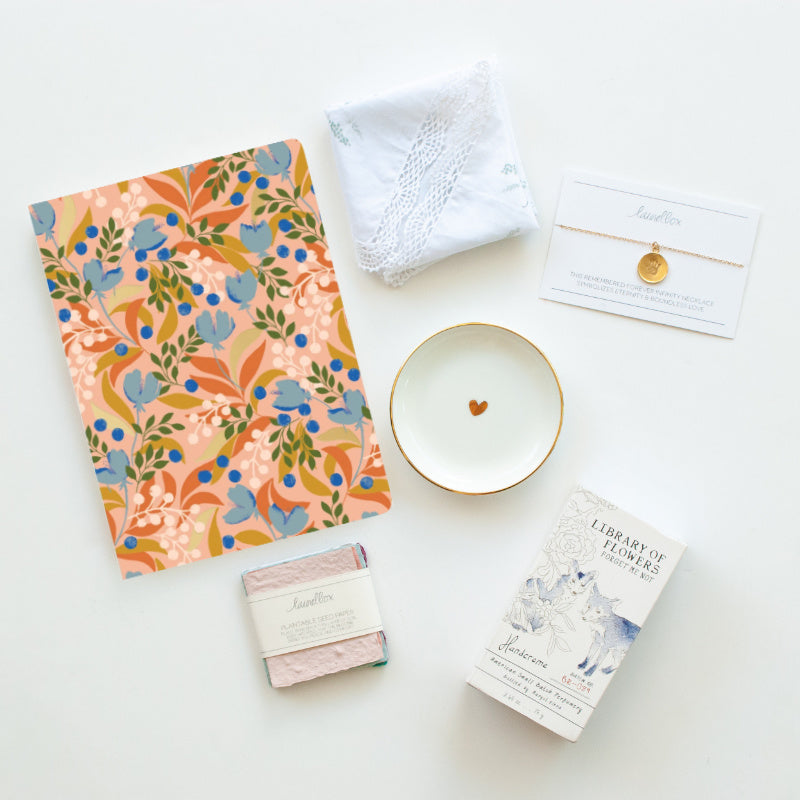10 Ways to Help When Experiencing All the "Firsts" After a Loss
I’ll never forget the moment. It was mid July, and my husband and I had traveled with his family to a tropical location for a summer vacation. After a great day of swimming and relaxing by the ocean, we were walking up the hill to our hotel when one of his family members turned to me and said, “you really should have had kids by now. What is taking you so long?” And in that innocent moment I realized the date on the calendar. It was July 16, just one day short of what was supposed to be the due date of our first baby.
The experience of losing a pregnancy to miscarriage really changed how I thought about so much of life. Because even when we know when someone has experienced loss, the practicality of remembering the details of their story and the specific dates that might be hard for them can be a challenge. If you are a person supporting a loved one who has experienced grief, however, it can make a big difference for your grieving friend if you strategize and plan how you will help support them in the coming months. Because even though my husband’s amazing family member did not intend to wound my aching heart, it became a reminder to me to set intentionality for friends who would go through a similar experience.
I’ve put together a list of 10 ways to help a friend who is experiencing “all the firsts” after loss with some ideas from my own story, and some I’ve gleaned along the way. I’d love to hear your ideas in the comments!
1. Set a calendar reminder of the “big dates” that might be hard for them
For a grieving person, the calendar during the first year after loss can feel intimidatingly full of holidays, birthdays, celebrations, and events that will remind them of the loved one they are missing. But oftentimes, grieving people feel hesitant to share that burden with those they love, and choose to hold it inside their heart. If a friend of mine loses a loved one, I immediately put calendar invites into my phone to remind me to reach out to my friend on dates that might be hard for them. Because let’s be honest - it is so normal for life to get super busy, and it can be really really easy to accidentally forget those big dates. The calendar reminders (which I set as annual reminders) help nudge me to reach out.
2. Send a text message or make a phone call
Sometimes, even the simple ways of supporting a grieving friend can super meaningful. A short and simple text message can truly make a huge difference for a grieving person. Especially during this crazy time of social distancing, a phone call can give a grieving person the space they need to share and process what they are going through.
3. Send a handwritten card
There is something super special about receiving an unexpected card in the mail. The card doesn’t have to be elaborate, but it can feel so special to get a card that says “I’m thinking about you today.” It’s a very thoughtful and affordable way to show you care.
4. Spend time together (whether in person or via Zoom)
Oftentimes, it really does take spending time with a friend to give them the time to process. Whether you take a walk together, enjoy a socially distanced lunch, enjoy a glass of wine, or schedule a time to talk via Zoom, sometimes it just takes uninterrupted time to process through the emotions that come after a loss.
5. Drop them off a coffee or a sweet treat
As a person with a big sweet tooth, I am a big fan of this idea. I remember some really good friends of ours dropping us off a food care package with dessert, wine, and some fashion magazines, and it was really good for my soul. The package doesn’t have to be elaborate (I’m a big believer that a Starbucks cake pop picked up through a driveway can go a long way), but the gesture conveys a lot of meaning.
6. Bring them a dinner long past when most individuals have stopped bringing dinners
Right after loss, you are often flooded with a ton of support. But, the reality is that right around the three to four month mark, some of your support system fades away. This time frame unfortunately coincides with the time when the permanency of loss often sets in for people. So if you can, three or four months after the loss is actually a really great time to drop off a meal or send something to support them.
7. Send a laurelbox subscription or gift
Earlier this year, we launched a new subscription service here at laurelbox. We know how important these “firsts” are during grief, so we created a customized subscription service that takes care of the stress of sending a gift and getting it there on time. It’s super simple - just checkout on our website, and for $39 per laurelbox, we make sure your personalized gift arrives to them on time. It’s a perfect way to remember birthdays, loss anniversaries, Mother’s Day, and the holidays. You can also send a one time gift from laurelbox.
8. Think of something that serves them
Sometimes the best ways you can help them during the first year of grief are the most practical. It can be a huge help to work in their yard, cut their grass, pick up groceries, or watch their kids.
9. Check in multiple times over the holidays
The holidays are one of the difficult “firsts” for a grieving friend. Thanksgiving, Christmas, New Years, and even Halloween can trigger huge emotions. On these holidays, try and remember to reach out, whether with a gift, a text, a phone call, or a card. We make it easy to send a thoughtful gift with our holiday collection of ornaments and keepsakes.
10. Let their individuality lead you to think of creative support ideas
When it all comes down to it, people experience grief in very unique and individualized ways. As their friend who knows them, you are best equipped to know what can support them. If you’re unsure, think of some of the nuances of their story. Are they a parent who lost a child? If so, the start of the school year can be really painful, so that’s a great time to reach out to them. Did they lose their spouse? If so, their wedding anniversary is a date to reach out.
I’d love to hear your thoughts! What are ways that you have felt supported during your first year after loss?







